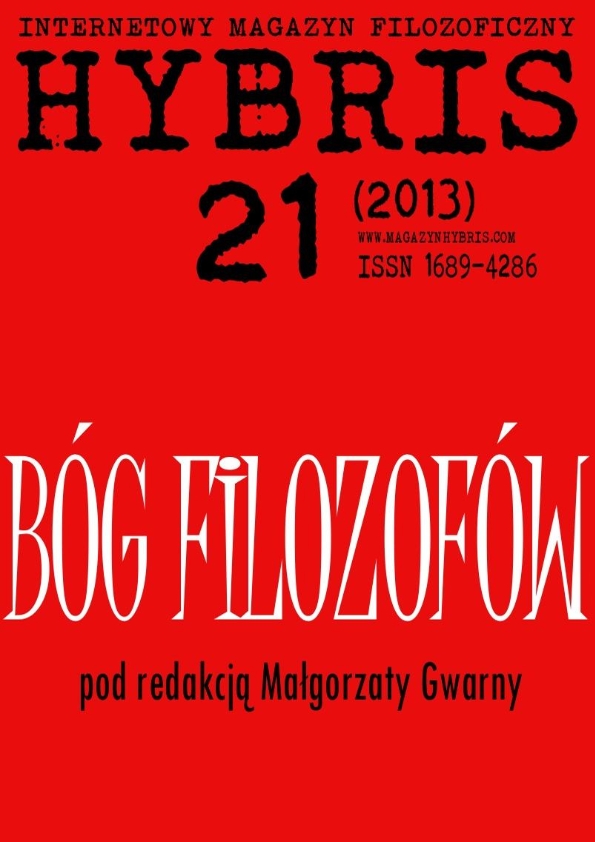TOŻSAMOŚĆ ZAKRESOWA TREŚCI NIEADEKWATNEGO POJĘCIA BOGA I POJĘCIA SKOŃCZONEGO UMYSŁU LUDZKIEGO W FILOZOFII DESCARTES’A
DENOTATIONAL IDENTITY OF INADEQUATE IDEA OF GOD WITH THE IDEA OF FINITE HUMAN MIND IN THE PHILOSOPHY OF DESCARTES
Author(s): Tomasz ŚliwińskiSubject(s): Epistemology, Existentialism, Philosophy of Mind, Philosophy of Religion, Cognitive Psychology
Published by: Wydawnictwo Uniwersytetu Łódzkiego
Summary/Abstract: In the conception of Descartes, the human mind is vested with the idea of God held to be innate. This idea, being adapted to human cognitive powers, must be limited, although it applies for the infinite being. Therefore, it has to be inadequate still at the same time sufficient. The idea represents God as the omniscient being who created the human mind along with the knowledge which it is able to cognize. The idea of God embodied in the mind of that kind is identical with knowledge, which the mind may get to know when realizing thoroughly its true nature. To the finite mind “God” is a collective concept for a reliable knowledge of which he is the author and which he guarantees. The innate ideas belonging to the nature of mind are the components of the idea of God, which is the source of the deductive theory of knowledge. Responding to a question of how the mind received this idea, we provide thereby an answer to the question from where the mind received itself, along with the contents adherent to it.
Journal: Internetowy Magazyn Filozoficzny HYBRIS
- Issue Year: 2013
- Issue No: 21
- Page Range: 51-75
- Page Count: 25
- Language: Polish

